In an official statement, the new professional competitive bodyboarding structure presents itself as a non-profit organization.
IBC aims to represent and promote the sport on a global level, from grassroots all the way through to professional events.
Technically, the IBC is formally known as Corporación Internacional de Bodyboard and has its headquarters in Antofagasta, Chile.
The organization was created on February 11, 2020. Under Chilean law, there are two types of non-profit entities.
The foundation is a patrimony managed by agents according to the will of a founder, who determines its goals, work, or purpose of general interest.
The corporation is a legal entity formed by a certain number of individuals associated with a common non-profit purpose, who develop and determine its goal and mission.
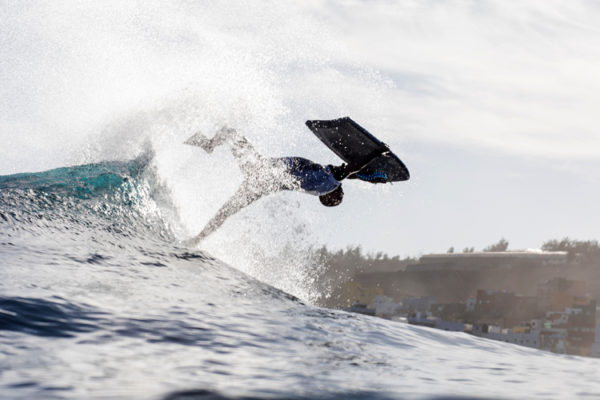
A Non-Profit… Corporation
The International Bodyboarding Corporation (IBC) is the exact translation of the original Spanish version, even though the expression “corporation” is used in English to identify large businesses.
“Cultural entities involving, for example, performing arts like music and theater are foundations (fundaciones). Bodyboarding, recognized as a sport, had to be registered as a corporation (corporación) under Chilean law,” the IBC explains.
But why not call it International Bodyboarding Championship (IBC)?
IBC has a bold plan to unite amateur and professional bodyboarders, regional and national associations, clubs, bodyboarding schools, social-driven initiatives, videographers and filmmakers, event promoters, and technical staff around one common goal – the fans.
Interestingly, IBC representatives say they have already been “working to grow bodyboarding in Chile, Brazil, Peru, Portugal, Spain, and the Canary Islands over the last six years.”
Although no names are mentioned in the official statement, the new pro bodyboarding organization states that “several members have developed an academically proven framework to use bodyboarding as a tool for social upliftment and change.”
How? Apparently, by giving more people access to the joy of riding a wave and the opportunities that come with it.
The IBC says that they want to have a positive influence on local communities where world tour events will be held, in order to, for example, boost tourism revenues.
However, that’s nothing that the APB era hasn’t done before. But the focus, this time, seems to be more in Latin American nations.
“In countries such as Chile, Peru, and Brazil, bodyboarding is an increasingly constructive outlet for children, giving them the chance to experience the stoke that wave riding offers,” IBC adds.
The new professional bodyboarding organization will use the experience gained in Portugal, Spain, and the Canary Islands to “increase grassroots initiatives across the United States and Australia.”
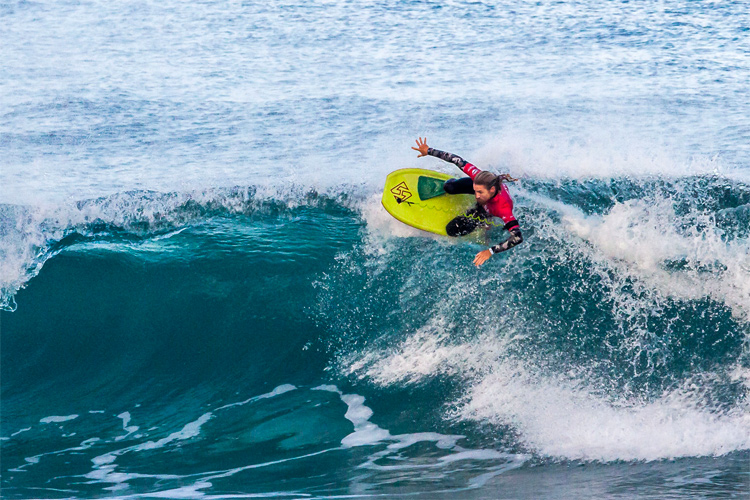
Financial Sustainability
IBC will try to do better than the APB, in terms of running a sustainable and viable world bodyboarding tour.
But the roadmap is not clear. Actually, IBC’s official statement only dedicates two paragraphs to the topic.
So, how will competitors be able to travel the world and still make enough money to put food on the table? Let’s see.
“Bodyboarding is a vehicle of positive change and opens many more doors for the acquisition of funds for events that form part of the World Tour,” the statement notes.
“Government funding is a reality, and so is the option to secure large event sponsors.”
“It is no longer about solely investing money directly into the sport. It is about investing money to develop the local communities through bodyboarding.”
Apparently, there’s more hope than substance. IBC has not been clear about the masterplan, pathway, or business plan that is being followed to break away from the APB paradigm.
Fingers crossed, though.
The IBC will be the fifth competitive era after APB, IBA, GOB, and the International Morey Boogie Bodyboard Pro Championships.
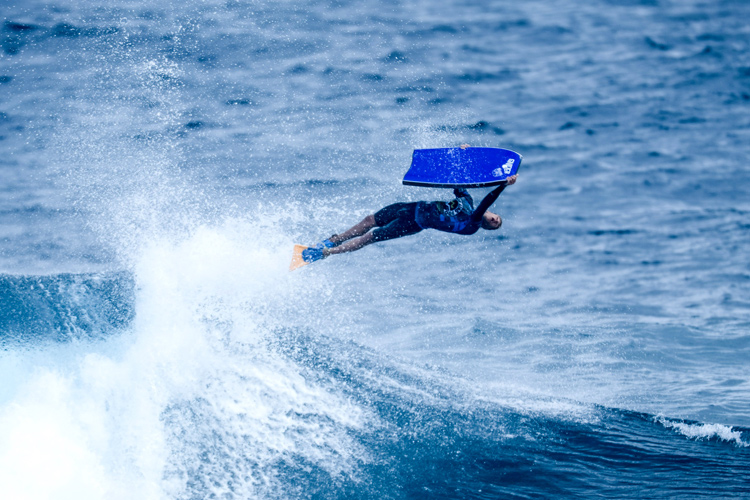
The Transition Period
The IBC has set up an interim committee that will supervise the transition period from the APB to the new entity.
The founders’ group will work alongside all stakeholders – athletes, staff, judges, event promoters, and media professionals – to ensure that a new world bodyboarding tour gets underway.
The first IBC Annual General Meeting (AGM) will take place in June 2020. Until then, the interim committee will run the show.
From July 2020 onward, the IBC will be led by professional bodyboarders, promoters, technical staff, judges, and other stakeholders.
The Association of Professional Bodyboarders (APB) is now the athlete’s union and will work closely with the IBC to develop the sport.
“The 2020 IBC World Tour will be a transitional circuit. The first solid World Tour will only run in 2021,” the statement confirms.
This year, the IBC plans to crown world champions across four divisions.
The men’s competition has nine locked in events, the women’s has eight scheduled contests, the drop-knee will have four events, and the pro junior division will get three stages.
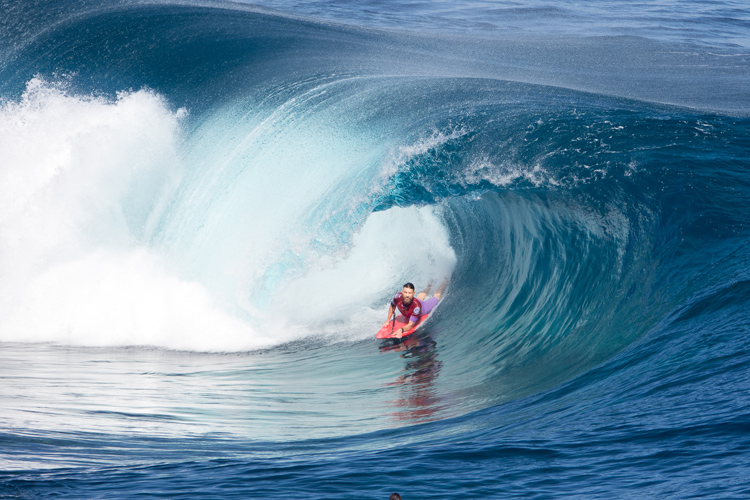
Crowning World Champions
For 2020, there are new rules for crowning champions in each division.
In the IBC Men’s World Tour, athletes will be ranked based on their overall result in three Grand Slam (GS) events and one Qualifying Series (QS) event.
However, riders will have to compete in GS events held in three different countries, as only one GS event per country will count toward the rankings.
In the Women’s World Tour, bodyboarders will see their four best results counting toward the end of the year rankings.
The drop-knee and pro junior world champions will be decided based on one of the Chilean events plus Sintra Pro.
2020 IBC World Tour | Schedule
Men
Lurin Pro | QS 3,000 | January 17 – 19 | $10,000
Itacoatiara Pro | GS 8,000 | June 8 – 17 | $30,000
Antofagasta Bodyboard Festival | GS 8,000 | June 19-28 | $30,000
Bellavista Iquique Pro (TBC) | QS 7,000 | July 1-7 | $30,000
Arica Cultura Bodyboard | GS 9,000 | July 11-18 | $30,000
Kiama Pro | QS 5,000 | July 27 – August 6 | $20,000
South African Pro | QS 5,000 | August 21-29 | $20,000
Sintra Pro | QS 7,000 | September 7-13 | $30,000
Gran Canaria Fronton King | GS 9,000 | October 17-31 | $30,000
Women
Wahine Bodyboarding Pro | 6,000 | May 25-31 | $15,000
Antofagasta Bodyboard Festival | 6,000| June 19-28 | $15,000
Bellavista Iquique Pro (TBC) | 6,000 | July 1-7 | $15,000
Arica Cultura Bodyboard | 4,000 | July 11-18 | $10,000
Kiama Pro | 4,000 | July 27 – August 6 | $10,000
South African Pro | 4,000 | August 21-29 | $10,000
Sintra Pro | 4,000 | September 7-13 | $10,000
Gran Canaria Fronton King | 4,000 | October 17-31 | $10,000
Drop-Knee
Garden Island Boogie Board Classic | 5,500 | May 9-10 | $5,000
Antofagasta Bodyboard Festival | 5,500 | June 19-28 | $5,000
Bellavista Iquique Pro (TBC) | 5,500 | July 1-7 | $5,000
Sintra Pro | 7,000 | September 7-13 | $10,000
Pro Junior
Antofagasta Bodyboard Festival | 5,500 | June 19-28 | $5,000
Bellavista Iquique Pro (TBC) | 5,500 | July 1-7 | $5,000
Sintra Pro | 7,000 | September 7-13 | $10,000

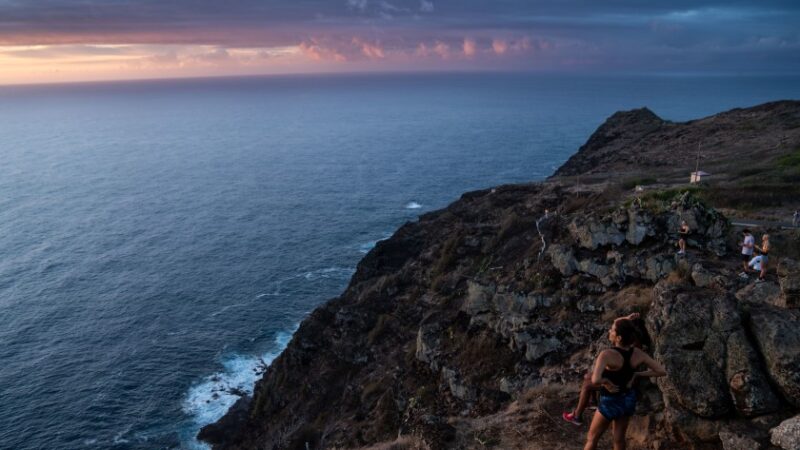
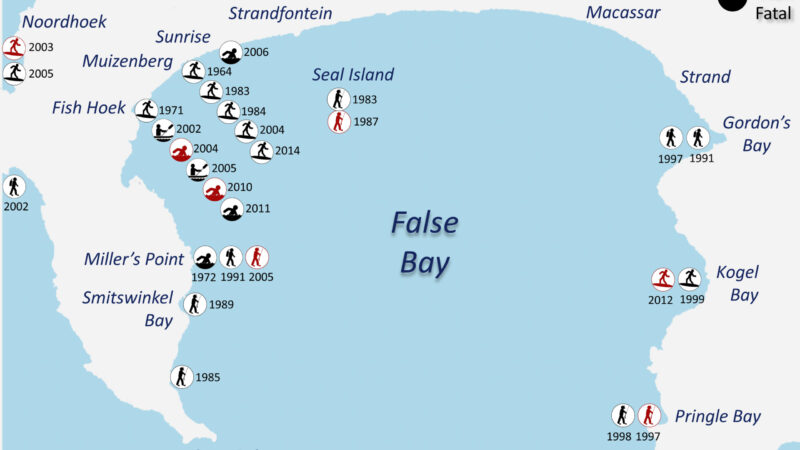
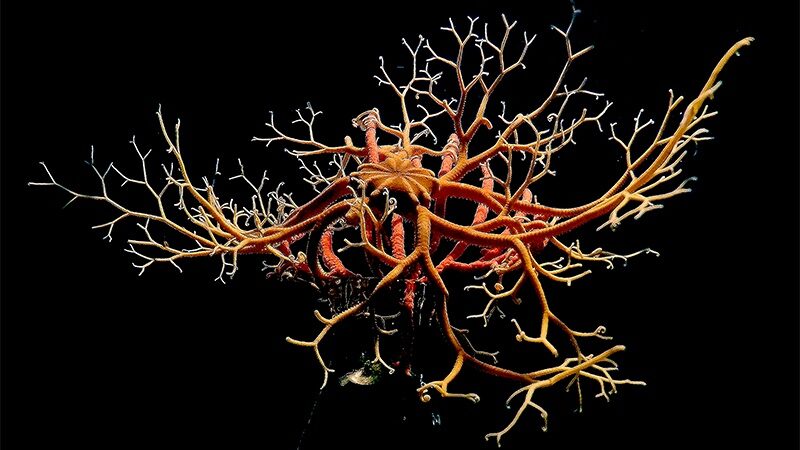
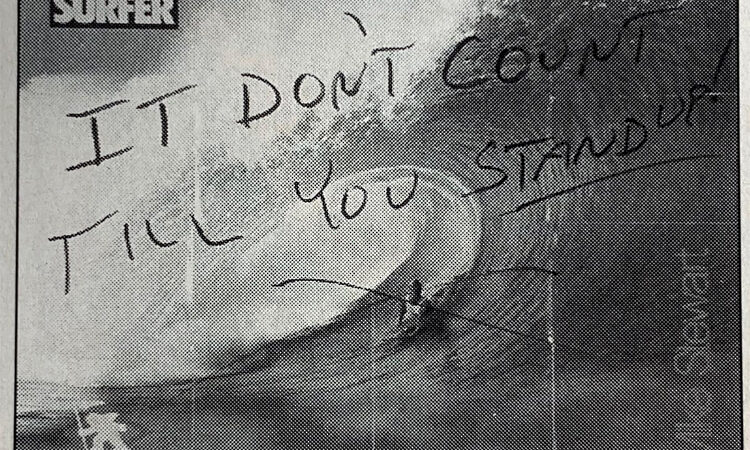
Recent Comments